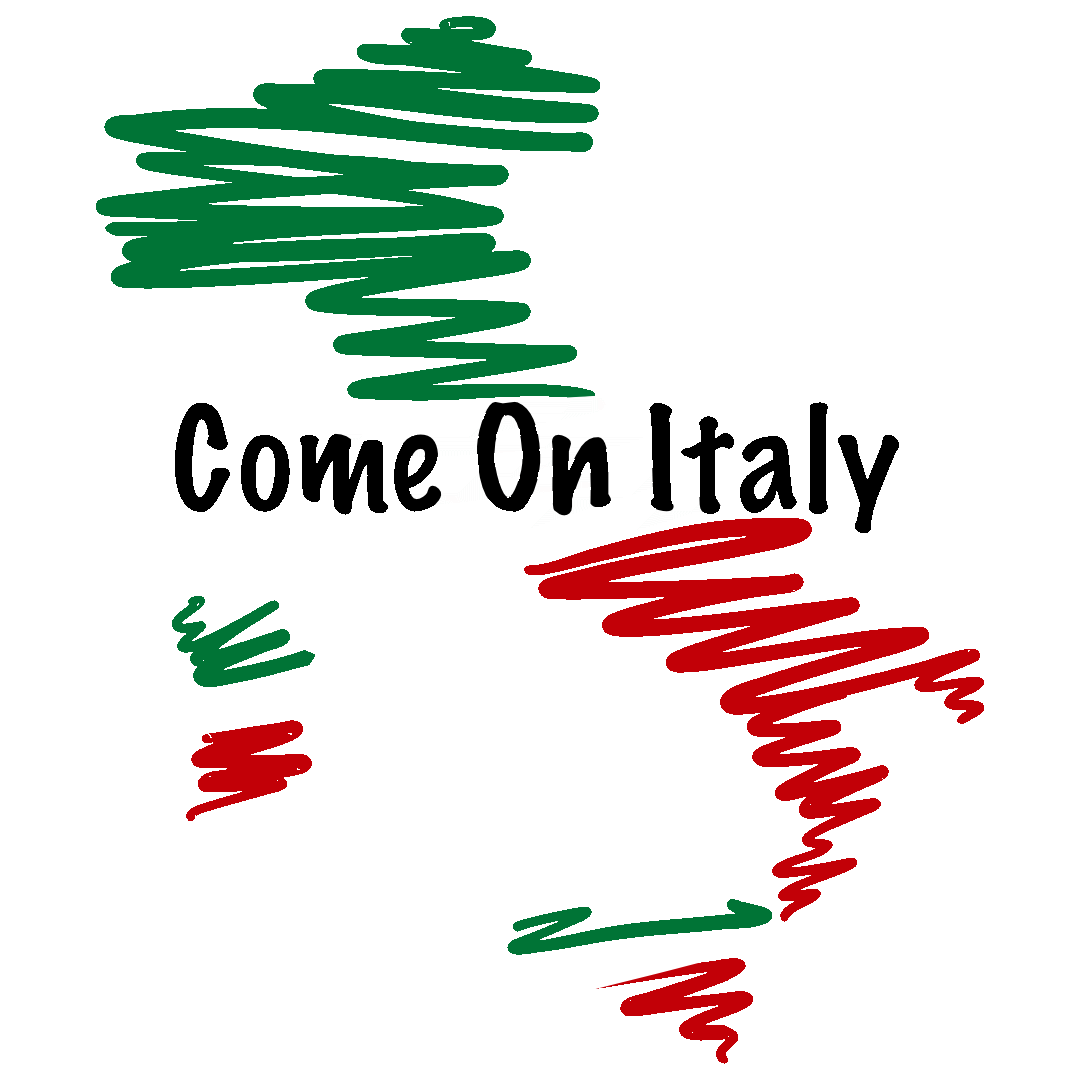Milano
Milan is a city in northern Italy, capital of Lombardy, and the second-most populous city in Italy after Rome. Milan served as the capital of the Western Roman Empire, the Duchy of Milan and the Kingdom of Lombardy–Venetia. Its continuously built-up urban area, that stretches well beyond the boundaries of its administrative metropolitan city, is the fourth largest in the EU. The population within the wider Milan metropolitan area, also known as Greater Milan, is estimated at 8.2 million, making it by far the largest metropolitan area in Italy
The city has been recognized as one of the world's four fashion capitals thanks to several international events and fairs, including Milan Fashion Week and the Milan Furniture Fair, which are currently among the world's biggest in terms of revenue, visitors and growth. It hosted the Universal Exposition in 1906 and 2015. The city hosts numerous cultural institutions, academies and universities. Milan is the destination of 8 million overseas visitors every year, attracted by its museums and art galleries that include some of the most important collections in the world, including major works by Leonardo da Vinci. The city is served by many luxury hotels and is the fifth-most starred in the world by Michelin Guide.
Like most cities in Italy, Milan has developed its own local culinary tradition, which, as it is typical for North Italian cuisines, uses more frequently rice than pasta, butter than vegetable oil and features almost no tomato or fish. Milanese traditional dishes includes cotoletta alla milanese, a breaded veal (pork and turkey can be used) cutlet pan-fried in butter (similar to Viennese Wiener Schnitzel). Other typical dishes are cassoeula (stewed pork rib chops and sausage with Savoy cabbage), ossobuco (braised veal shank served with a condiment called gremolata), risotto alla milanese (with saffron and beef marrow), busecca (stewed tripe with beans), and brasato (stewed beef or pork with wine and potatoes).




